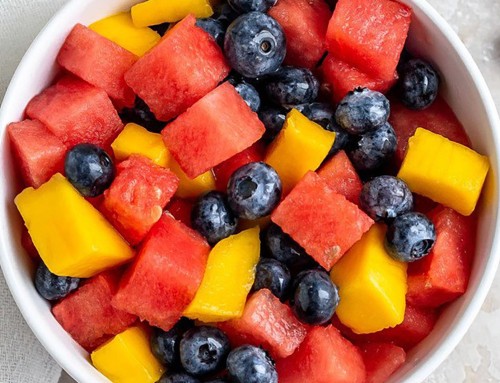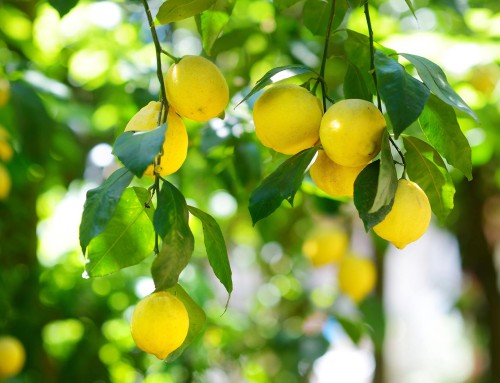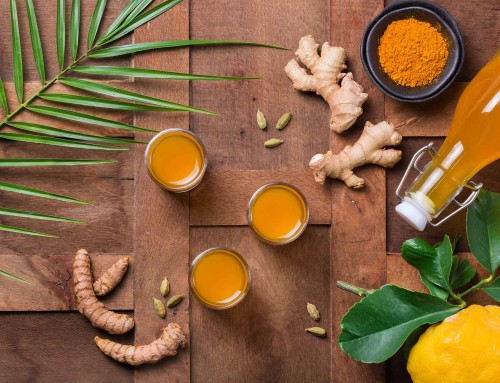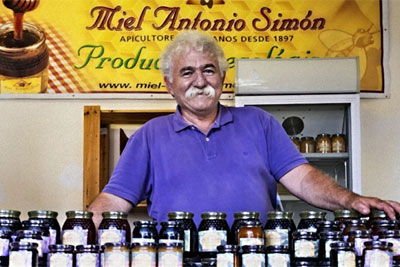
Enjoy one of nature’s finest gifts in its raw and organic form
The unheated, unprocessed honey, supplied by Maharishi AyurVeda Products, is remarkably different from the honey you’ll find on supermarket shelves.
Sourced from Antonio Simon’s apiaries in Northern Spain, the bees that create this honey gather nectar from areas free of pollutants. To preserve its health giving properties, and the unique flavour of this unadulterated natural honey, Antonio spins the honeycomb with a centrifugal extractor and then strains it into containers.
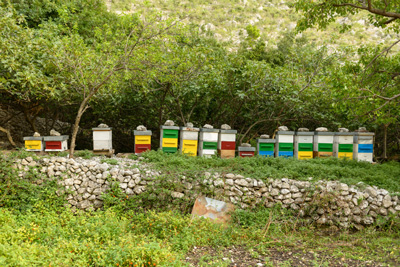
By contrast, most commercial grade liquid honey is ultra-filtered, processed and heated. This slows crystallisation and allows the honey to remain liquid for longer. This ultra-filtering/heating process allows for ease of packaging and give the honey a more glistening appearance. Supermarkets prefer processed honey because it does not easily solidify, granulate or become cloudy.
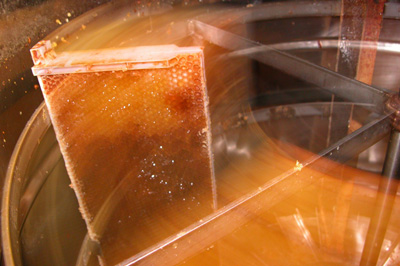
Antonio’s delicious raw honey retains the natural enzymes and pollens that are lost in processed honey, making it a true superfood. His honey is:
- unheated – heating degrades enzymes, minerals and vitamins.
- not ultra-filtered – which removes pollen and its benefits.
- not a blend of different honeys from several countries, which is the case with almost all supermarket honey.
- from bees that are not subject to antibiotics.
- from bees that are fed honey instead of sugar during wintertime.

Why raw honey?
Ayurveda, the natural health practice of India, values honey as one of the highest of foods and it is a key ingredient in a large number of preparations. Yet it states that, when heated, honey can create a form of toxin that is very hard for the body to remove.
Always select raw unheated honey, as it contains all the health promoting enzymes, vitamins, antioxidants and antibacterial properties. To preserve its health benefits, and avoid it becoming toxic, never cook with honey, or add it to hot drinks.
The health promoting values of honey
Prized for its anti-bacterial properties, honey has been used medicinally for thousands of years, both in the East and the West
The healing effects of honey have been valued not only by Ayurveda in India and but also by the ancient Egyptians.
Honey has long been used in veterinary medicine as a wound dressing. Now it is also being used in human medicine and has helped save patient’s limbs on hospital wards.
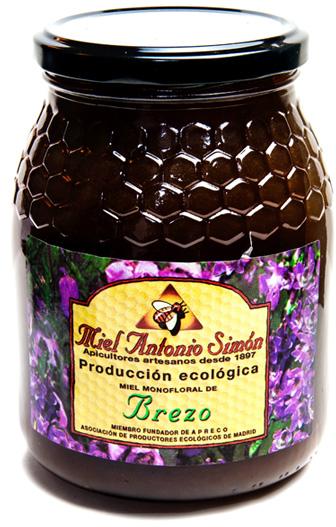
Clinical trials have found that certain types of honey (including Manuka) can eradicate more than 250 strains of bacteria, including antibiotic resistant varieties (MRSA, MSSA and VRE). Unprocessed honey helps in the healing of wounds and ulcers. In one study, 58 of 59 wounds have shown a “remarkable improvement following topical application of honey”.
Locally grown honey has been shown as beneficial to those who suffer allergies when the pollen count is high.
Honey is excellent for coughs. The WHO (World Health Organization) sites honey as a demulcent – a substance that forms a protective film to relieve irritation in your mouth or throat.
The nutrient value of honey
Honey is high in carbohydrates and loaded with natural sugars, such as fructose and glucose. The carbohydrates it contains are said to provide a very effective and useful source of energy. It acts as a “time-released fuel” that provide energy over a long duration – especially useful for athletes.
Honey contains plenty of Vitamin B6, thiamine, niacin, riboflavin, and pantothenic acid. It also contains minerals such as calcium, iron, copper, magnesium, manganese, potassium, sodium, phosphorus and zinc.
Various phenolic acids and flavonoids, which are types of antioxidants, are found in honey. Antioxidants help eliminate free radicals which are associated with serious health conditions.
Honey also contains a number of useful enzymes – proteins created from amino acids. These enzymes turn it into a unique food, and mean that honey has a far wider and complex nutrient profile when compared to other sweeteners. Honey has eighteen amino acids.
Research shows that the pollen within honey contains 28 minerals, 11 enzymes, 14 fatty acids 11 carbohydrates and all 22 amino acids.
Many of the nutrients mentioned above are lost if the honey is filtered and heated.

Ayurveda and honey
Ayurveda considered honey to be one of nature’s most remarkable gifts
It says that honey is a blessing for those with weak digestion and that all body organs respond favourably when honey is consumed. Ayurveda considers honey to be medicinally useful for all types of disease.
When Ayurveda assesses the affect any substance has on the body, it considers its taste (Rasa) and its qualities (Gunas). Honey contains the sweet and astringent tastes and the drying and heating qualities. This makes honey a suitable sweetener even for even those for whom other sweet sources are not recommended – i.e. those with a tendency towards an imbalance in KaphaDosha (the heavy and structuring property of the body).
- An effective remedy for constipation and hyperacidity is, one spoon of raw honey with the juice of half a lemon mixed in a glass of lukewarm water. This should be taken first thing in the morning.
- Fasting on honey and lemon water is highly beneficial in treating obesity. This fast does not have the disadvantage of loss of energy and appetite that can result from other types of fasting.
- A mixture of honey and alcohol is believed to promote hair growth.
- Because it is easily digested honey is considered the best of sweet foods.
- Honey does not create flatulence and, to some extent, can prevent it.
- The heart has to work hard and needs a constant supply of energy promoting food. Heart patients are often recommended a glass of lemon juice and honey in warm water at bedtime and are advised to sip this drink any time they wake during the night.
- Due to its astringent taste, and drying and heating qualities, Ayurveda says that honey helps balance Kapha Dosha. As such it benefits the chest and lungs, the seat of Kapha.
- Honey is useful in maintaining the health of the stomach. It tones up the stomach and helps proper digestion. It also decreases the over production of hydrochloric.
- Honey has a laxative effect and promotes bowel activity.
- If undigested foods (Ama) and putrefied faecal matter are present in the alimentary canal, honey helps clear these toxins from the digestive canal..
- In old age, honey is especially useful in providing energy and heat to the body.
- Honey help clears the system of the mucus and dries up the phlegm which is often experienced in old age.
- One or two teaspoonful of honey in a cupful of boiled water, that has been cooled to lukewarm, is a refreshing and strengthening drink.
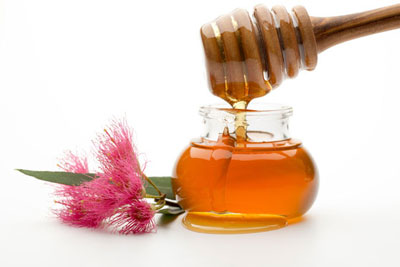
How to store honey
It is best to store honey in a cupboard in a lidded jar. Light tends to damage some of the natural compounds in the honey and, because honey attracts water, it will start to ferment if the lid is left off. There is no need to store honey in a fridge and this method of cold storage will make it hard to extract from the jar.
If you are planning to use any honey as part of a health therapy regime is it best to consult a Maharishi AyurVeda or other medical professional beforehand.
Antonio Simon’s unheated, unprocessed honey is supplied by Maharishi AyurVeda Products.
DISCLAIMER: The information in this document is presented for the sole purpose of imparting education on Maharishi AyurVeda and neither the information nor the products are intended to diagnose, treat, mitigate, cure or prevent any disease. If you have a medical condition, or are pregnant or lactating, please consult a health professional and it is recommended that you speak with your physician before making significant changes to your diet or routine.


